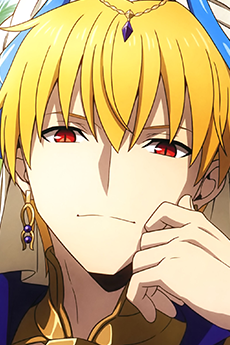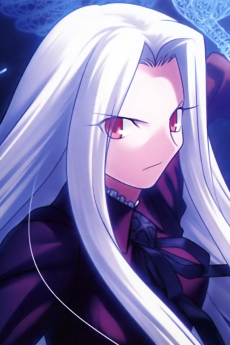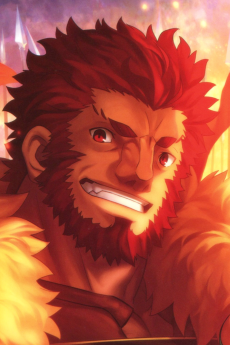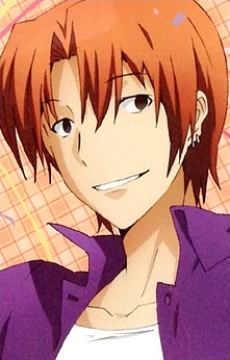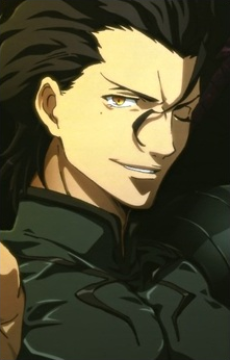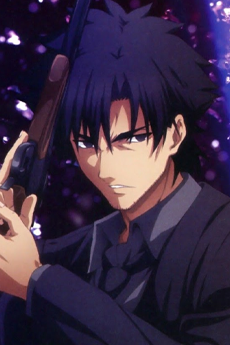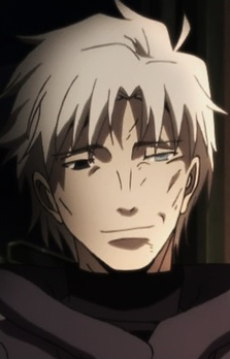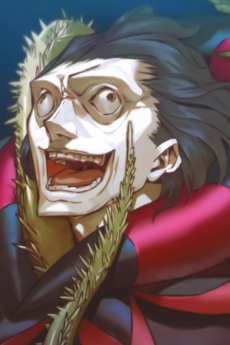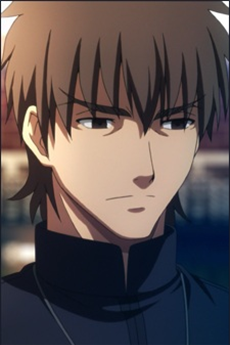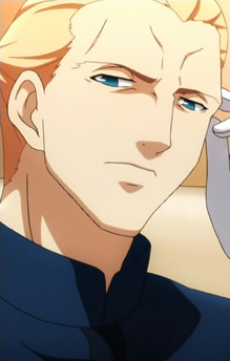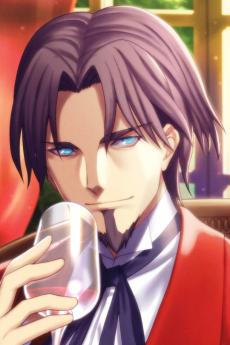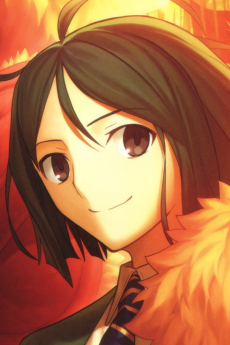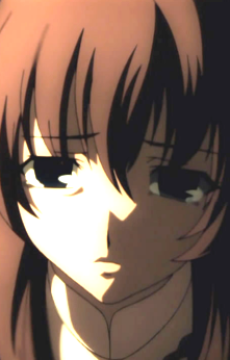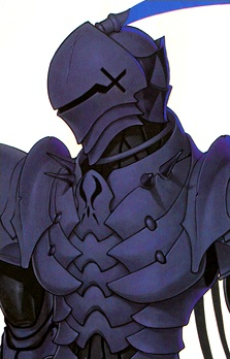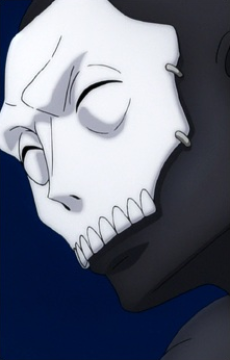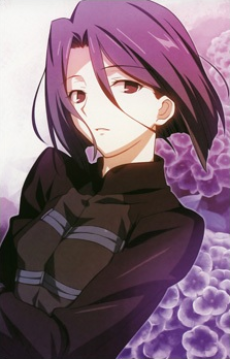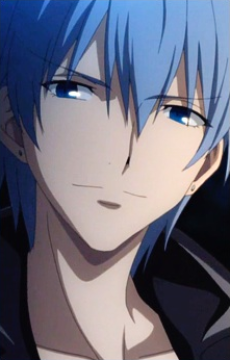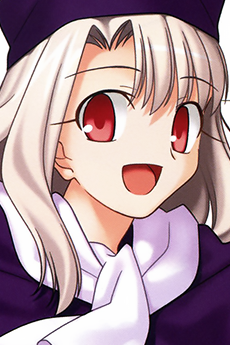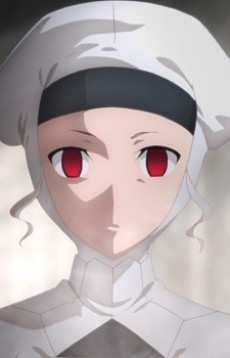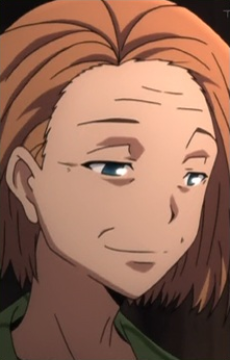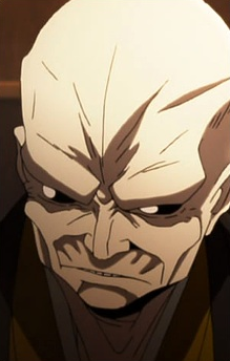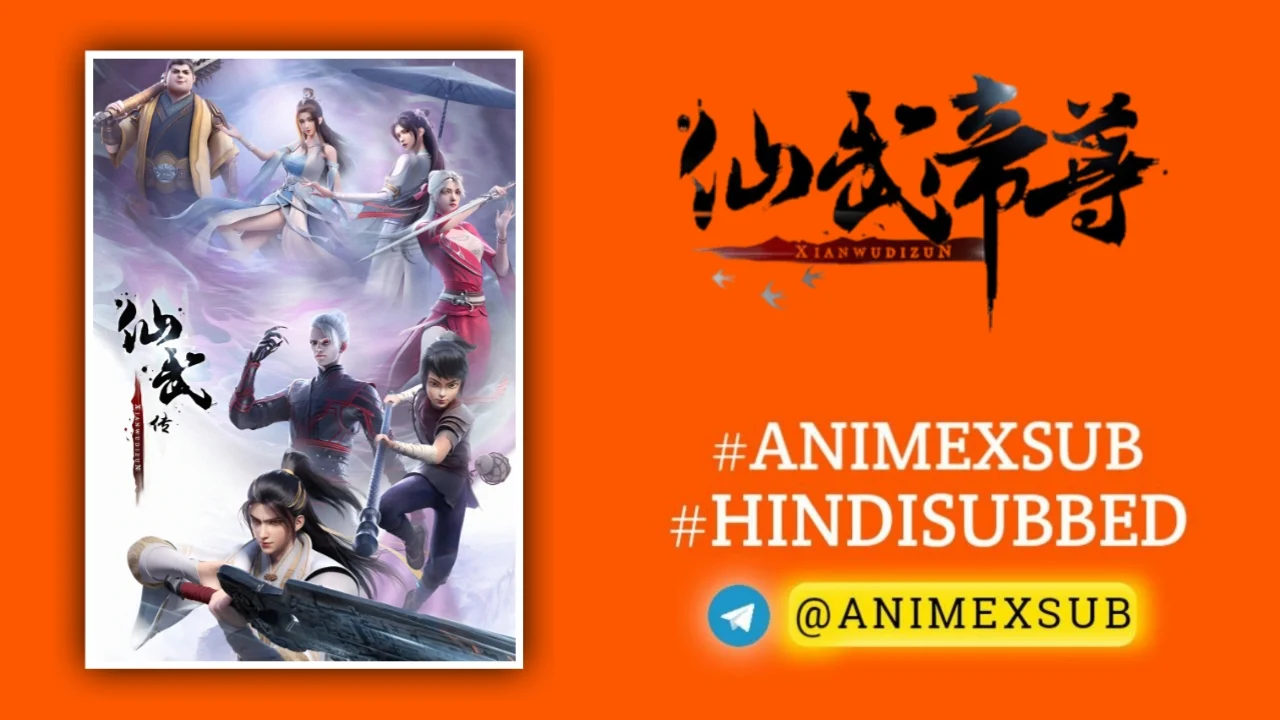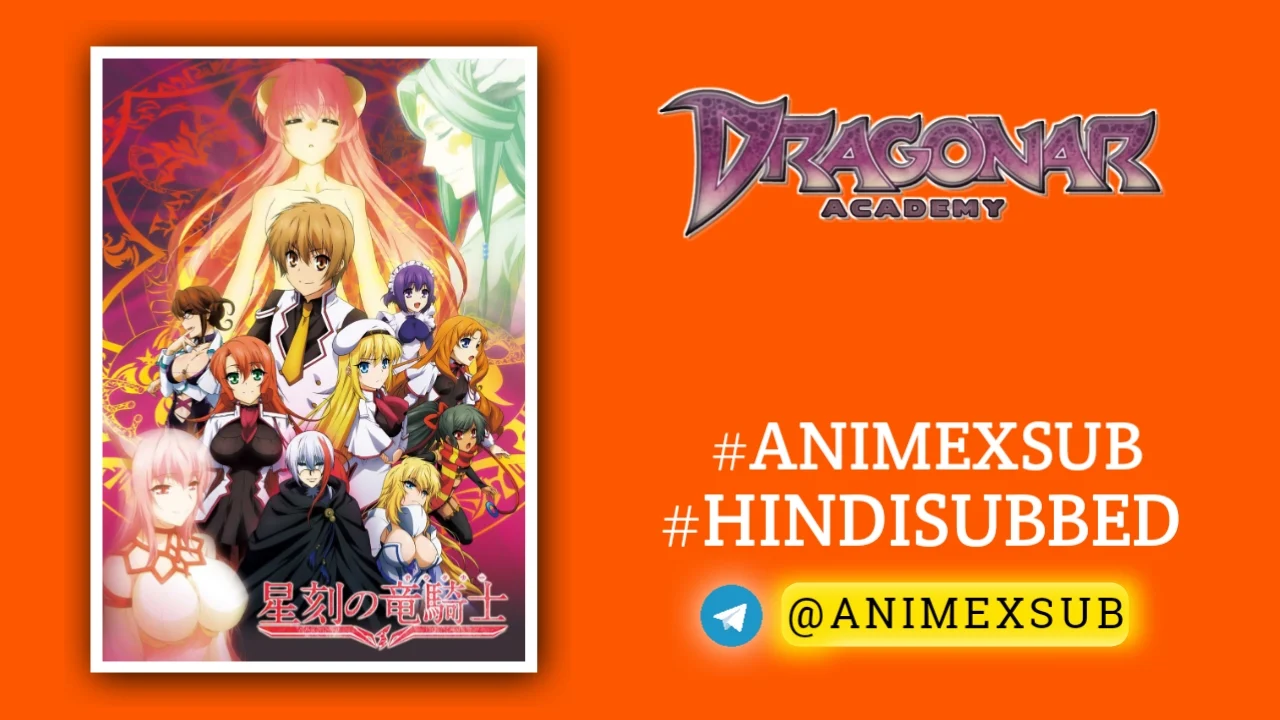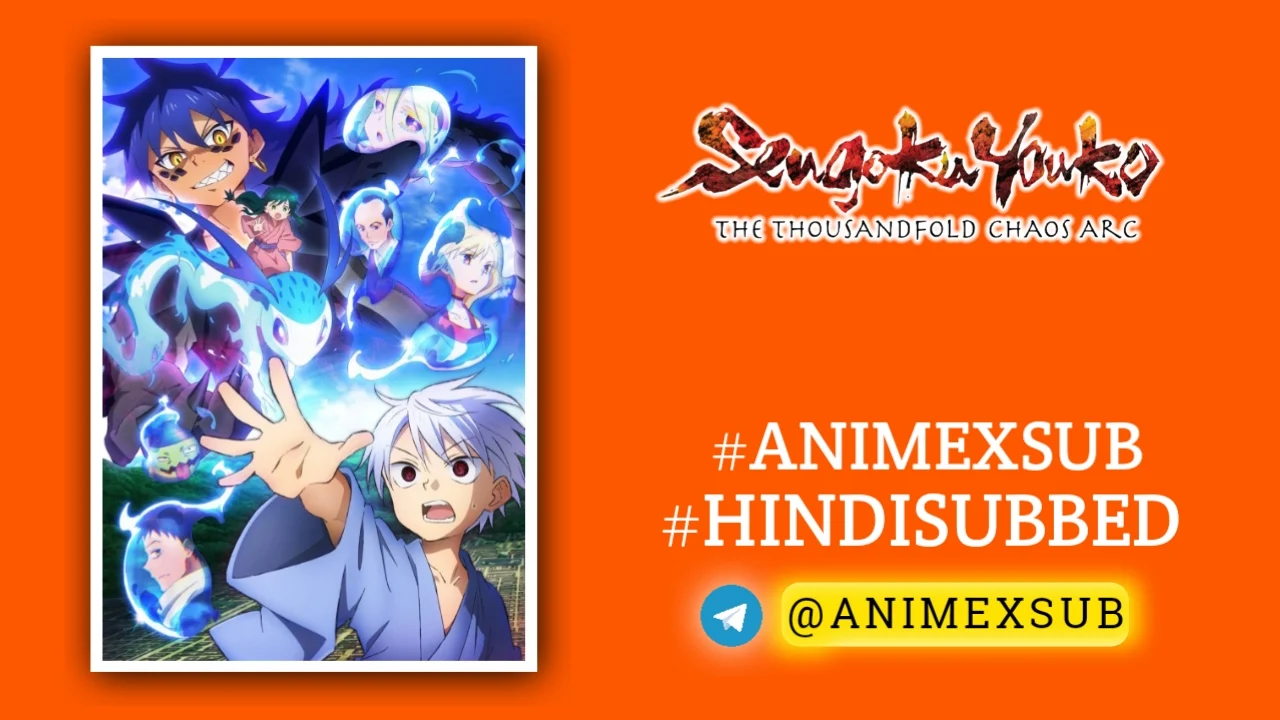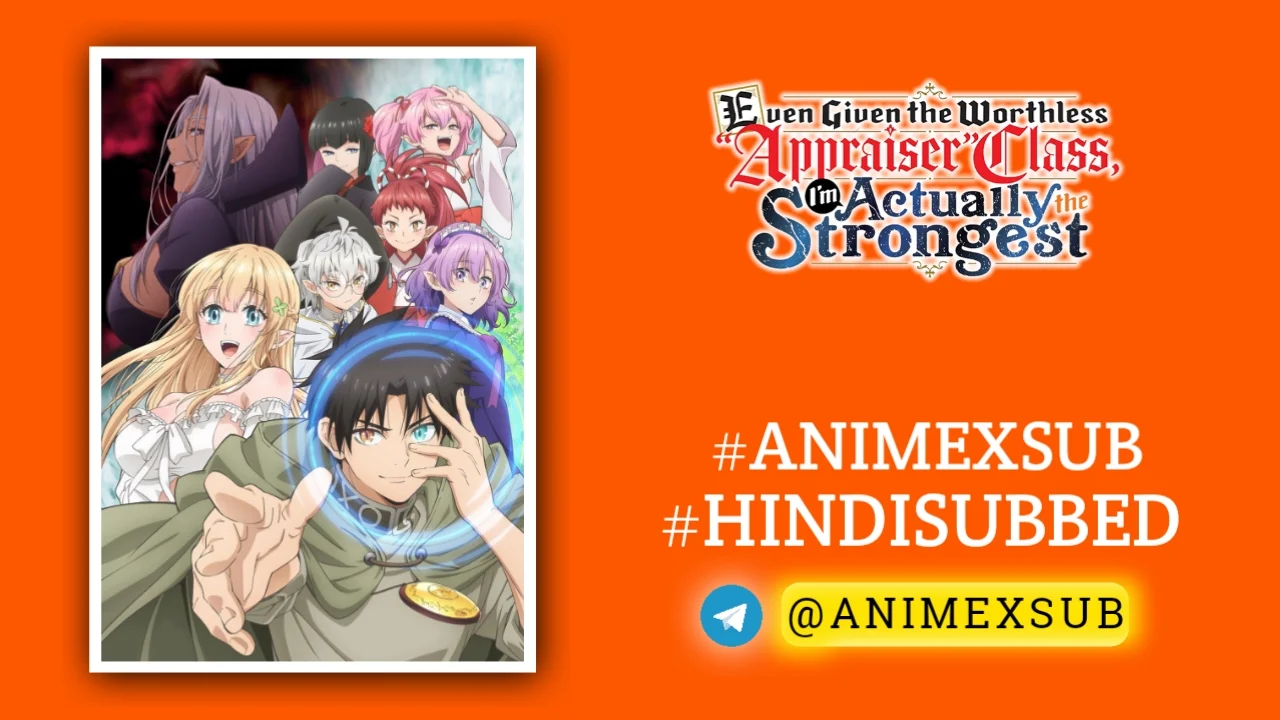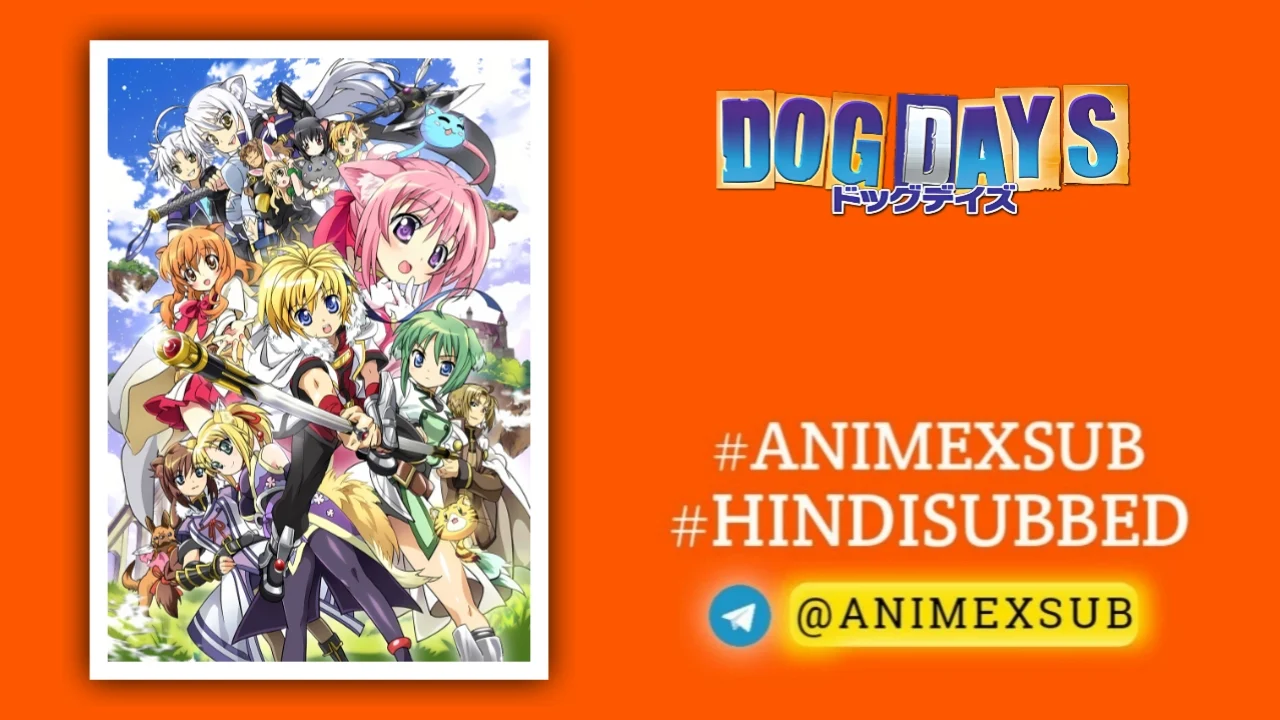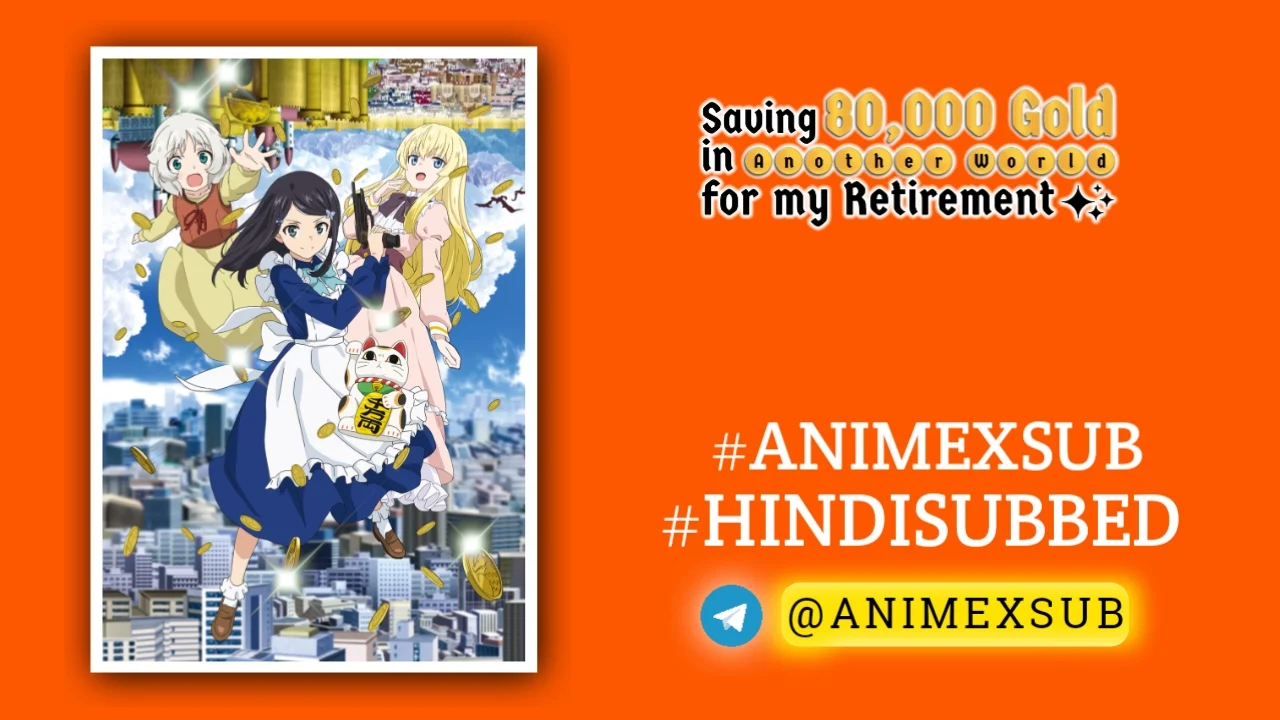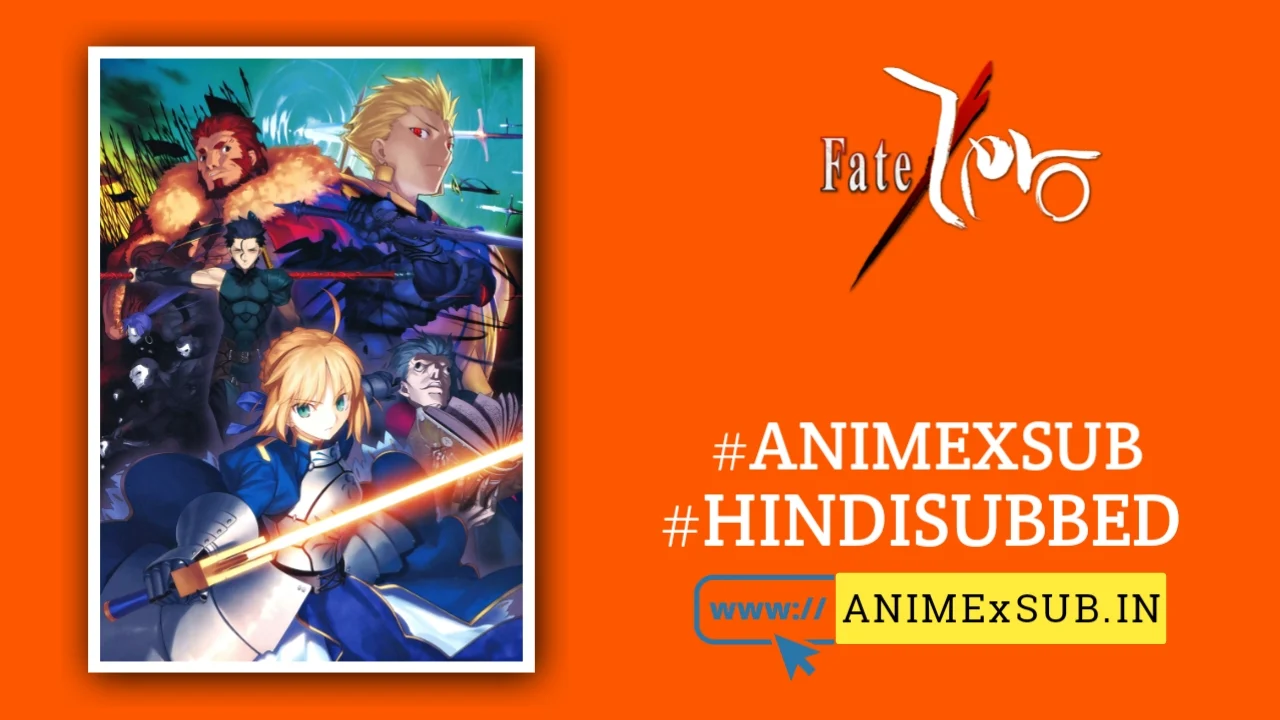
Fate/Zero Season 1 Hindi Subbed [13/13] {Complete}

Fate/Zero
Fate/ZeroSynopsis
With the promise of granting any wish, the omnipotent Holy Grail triggered three wars in the past, each too cruel and fierce to leave a victor. In spite of that, the wealthy Einzbern family is confident that the Fourth Holy Grail War will be different; namely, with a vessel of the Holy Grail now in their grasp. Solely for this reason, the much hated "Magus Killer" Kiritsugu Emiya is hired by the Einzberns, with marriage to their only daughter Irisviel as binding contract. Kiritsugu now stands at the center of a cutthroat game of survival, facing off against six other participants, each armed with an ancient familiar, and fueled by unique desires and ideals. Accompanied by his own familiar, Saber, the notorious mercenary soon finds his greatest opponent in Kirei Kotomine, a priest who seeks salvation from the emptiness within himself in pursuit of Kiritsugu. Based on the light novel written by Gen Urobuchi, Fate/Zero depicts the events of the Fourth Holy Grail War—10 years prior to Fate/stay night. Witness a battle royale in which no one is guaranteed to survive. (Source: MAL Rewrite) Note: The first episode aired with a runtime of ~48 minutes as opposed to the standard 24 minute long episode.
Watch Trailer
Characters
Fate/Zero Season 1: A Masterpiece of Tragedy, Ambition, and Moral Complexity
Fate/Zero Season 1, the prequel to the sprawling Fate/stay night saga, stands as a towering achievement in anime, weaving a narrative so intricate, emotionally raw, and philosophically dense that it redefines what a prequel can accomplish. Adapted from Gen Urobuchi’s light novel and brought to life by Ufotable’s breathtaking animation, this 13-episode arc (released in 2011) serves as the opening act of a brutal, mesmerizing exploration of the Fourth Holy Grail War. It’s a story that doesn’t just set the stage for its successor but carves out its own legacy as a standalone epic, blending visceral action, psychological depth, and a relentless examination of human nature.
A War of Ideals in a Doomed World
At its core, Fate/Zero Season 1 is a battle royale for the Holy Grail, a mythical artifact said to grant any wish. Seven mages, known as Masters, summon heroic spirits—Servants—based on legendary figures from history and myth, to fight to the death. The premise is deceptively simple, but Urobuchi’s writing elevates it into a meditation on ambition, morality, and the cost of pursuing one’s ideals. The series introduces a cast of characters so vividly realized that each feels like the protagonist of their own story, yet none are spared the harsh realities of their choices.
The narrative follows Kiritsugu Emiya, a pragmatic and emotionally scarred mage whose utilitarian philosophy—sacrificing the few for the many—clashes with the romanticized heroism of his Servant, Saber (King Arthur). Their strained dynamic sets the tone for a story that refuses to glorify its heroes. Other Masters, like the arrogant prodigy Waver Velvet, the ruthless Kirei Kotomine, and the unhinged Ryuunosuke Uryuu, bring their own motivations, ranging from noble to depraved, creating a web of conflicting ideologies. Season 1 spends its time meticulously building these characters, their relationships, and the stakes of the war, ensuring that every clash—whether physical or philosophical—lands with devastating impact.
Unparalleled Character Depth
What makes Fate/Zero Season 1 remarkable is its refusal to reduce characters to archetypes. Kiritsugu, often called the “Mage Killer,” is a man torn between his love for his family and his cold calculus for world peace, his stoic exterior masking a fractured soul. Saber, reimagined as a gender-swapped Arthur Pendragon, grapples with her own failures as a king, her chivalric ideals challenged by the modern world’s cynicism. The dynamic between Waver and his Servant, Rider (Iskandar, the King of Conquerors), is a standout, blending humor, mentorship, and mutual growth in ways that feel organic and profoundly moving.
Even secondary characters, like the sadistic Ryuunosuke and his Servant Caster, are given chilling depth. Their exploration of art, death, and morality is unsettling yet fascinating, forcing viewers to confront uncomfortable questions about human nature. Kirei Kotomine, a priest searching for purpose, emerges as one of anime’s most complex antagonists, his inner turmoil as compelling as any hero’s journey. This ensemble-driven approach ensures that every perspective matters, making the Holy Grail War feel like a true clash of worldviews.
Visual and Auditory Brilliance
Ufotable’s animation in Fate/Zero Season 1 is nothing short of revolutionary. The studio’s signature blend of fluid combat, vibrant colors, and meticulous detail brings the war to life. Battles, like the jaw-dropping clash in Episode 11, are choreographed with a cinematic flair that balances spectacle with strategy. Each Servant’s unique abilities, from Lancer’s dual spears to Berserker’s raw ferocity, are rendered with such creativity that every fight feels distinct. The urban backdrop of Fuyuki City, with its rain-soaked streets and looming shadows, mirrors the story’s grim tone, while subtle visual cues—like the contrast between Saber’s radiant armor and Kiritsugu’s muted palette—reinforce the thematic divide.
Yuki Kajiura’s haunting score elevates the experience further. Her compositions, blending orchestral grandeur with ethereal vocals, capture the epic scope and intimate tragedies of the war. Tracks like “The Battle Is to the Strong” pulse with adrenaline, while quieter pieces underscore the characters’ inner struggles. The opening theme, “Oath Sign” by LiSA, is an electrifying anthem that perfectly encapsulates the series’ blend of hope and despair.
Themes That Cut Deep
Fate/Zero Season 1 doesn’t just entertain—it challenges. The series asks what it means to pursue a dream when the cost is measured in blood and betrayal. Kiritsugu’s utilitarian approach is pitted against Saber’s honor, Rider’s ambition, and Kirei’s nihilism, creating a philosophical battleground where no one is entirely right or wrong. The show explores the cyclical nature of violence, the weight of legacy, and the paradox of fighting for peace in a war that demands sacrifice. It’s a narrative that trusts its audience to grapple with ambiguity, never offering easy answers.
The pacing of Season 1 is deliberate, prioritizing character development and world-building over constant action. Some may find the slower moments dense, but this methodical approach pays off, ensuring that when the war escalates, every blow carries emotional weight. The series also weaves in subtle foreshadowing for Season 2, planting seeds about the Grail’s true nature and the characters’ inevitable fates without feeling heavy-handed.
A Timeless Achievement
Fate/Zero Season 1 is not just a prequel—it’s a masterclass in storytelling that stands on its own. Its blend of visceral action, psychological complexity, and philosophical weight makes it a benchmark for the anime medium. The series doesn’t cater to fleeting trends; it demands attention, rewarding viewers with a narrative that lingers long after the credits roll. For those new to the Fate franchise, it’s an accessible entry point, requiring no prior knowledge yet enriching the broader mythos for longtime fans.
In a landscape filled with battle-driven anime, Fate/Zero Season 1 distinguishes itself by making every fight a clash of ideals, every character a mirror of human ambition, and every moment a step toward inevitable tragedy. It’s a story that doesn’t just entertain—it haunts, challenges, and inspires.
Support Our Anime Community!
Love watching the latest anime? Help us keep uploading new episodes by join telegram channel ❤️
Join Now!